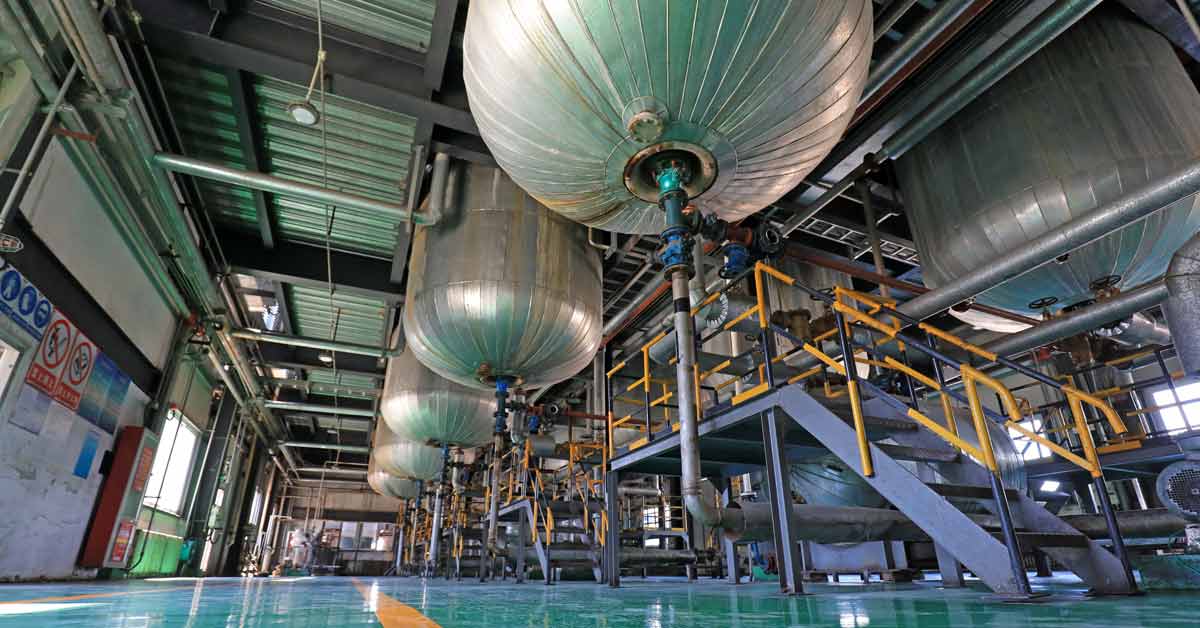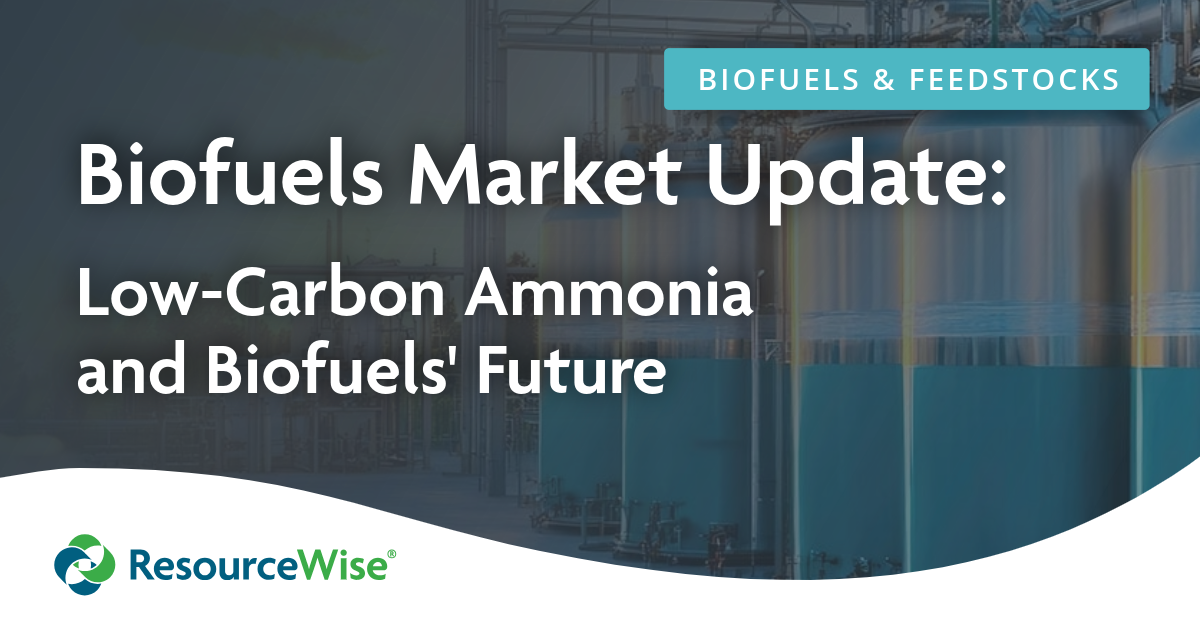3 min read
EU Tariffs' Effect on the International Biofuels Market
ResourceWise
:
Aug 8, 2024 12:00:00 AM

Recently, ResourceWise held a live webinar covering the EU’s anti-dumping ruling on Chinese biodiesel and HVO. Put simply, this decision will yield significant changes in market mechanics—particularly the renewable feedstocks needed for biofuel production.
Overview of Anti-Dumping Duties
The EU’s ruling will place costly tariffs on Chinese imports coming into Europe. Scheduled to take effect from August 16th, the tariffs will likely have substantial implications for biofuels and future fuel solutions.
Following a surge in biofuel exports from China to the EU, tariffs as high as 36% on Chinese biodiesel producers have been introduced. The import increase has disrupted the European industry, leading to lowered prices and collapsing margins.
While these tariffs are provisional pending further EU investigation, they have elicited concern for the future health of the European biofuel industry.
Implications for the European Market
Chinese export duties at such high levels will likely prove insurmountable for most producers. Consequently, the European road transport fuel market will face a notable supply deficit.
Given the previously heavy influx of Chinese biofuels, many EU-based producers reduced a large amount of their output. Production was shuttered altogether in some cases as these companies could not compete with China’s import prices.
The ruling will cause an immediate halt to most Chinese imports (excluding a few exemptions facing a lower tariff). But this does not mean the market will immediately rebound as it refocuses on other fuel sources.
Recalibration will take some time as EU-based production resumes. Identifying and securing suitable feedstocks will require time to adjust to the change.
Future Market Landscape in Europe
An expected pivot from bulk imports of biofuel to imports of feedstock is anticipated by 2025. Combined with the effects of the anti-dumping duties, the European biofuel market is set to undergo a massive transition. The move comes as demand for more aggressive renewable solutions required by the RED III schedule will increase.
Strategic Adjustments
Europe is set to import more feedstocks and bring underutilized production capacity back into operation. New markets are likely to emerge for the 2-3 million tons of Chinese capacity that will be displaced.
Meanwhile, Europe will source feedstocks to replace the refined barrels previously supplied by China. These could come from previously untapped sources such as the US forest products market.
Related: Crude Tall Oil’s Opportunity Around EU's Anti-Dumping Ruling on China
Potential replacements from other sources, such as Argentina, are still limited by quota systems. Broadly speaking, these shifting feedstock movements will largely influence the international biofuel market.
The Role of Sustainable Aviation Fuel (SAF)
Another important question related to this change concerns China. Where will Chinese biodiesel and HVO producers focus their efforts now?
SAF exports continue to be exempt from the provisional duty structure. This presents opportunities for Chinese producers to move from HVO production to SAF.
The demand for SAF is expected to reach around 900,000 tons in the EU between 2025 and 2029. Alongside its distinct pricing structures, SAF may be the answer for displaced Chinese producers.
Looking Ahead to the Future Market
The period from 2025 to 2030 promises a different demand proposition from the previous years. With feedstocks growing in importance, global supply is expected to tighten due to increased demand across more verticals.
To navigate these changes, understanding the value of used cooking oil is key. Strategic planning will also need to consider aspects like elasticity and fungibility to remain competitive.
Learn More from ResourceWise’s On-Demand Webinar
The introduction of EU tariffs on Chinese biofuels will lead to longstanding changes within the biofuel industry. As markets recalibrate and strategize to meet these new challenges, tracking industry prices and staying updated with market dynamics is more crucial than ever.
Want to learn more? Check out our on-demand webinar, After China Anti-dumping: The International Biofuels Landscape.
The webinar covers the following topics:
- Provisional Tariff Structure: How this will impact the market in short- and long-term planning.
- Trade Flow Shifts: How and where Chinese exports will change and what that means for biofuel production in the EU.
- Market Dynamics: Changing trends in European demand, SAF, and feedstock buying and selling.
- Strategic Insights: How to plan for these changes, and how advanced feedstocks may play a role.
The webinar is presented by Matthew Stone, ResourceWise's VP of Business Development and Managing Director of Prima. With over 10 years of experience in the biofuels industry, his knowledge and expertise offer a high degree of precision on how to respond to these developments.
Use the link below to learn more and view the webinar today.





